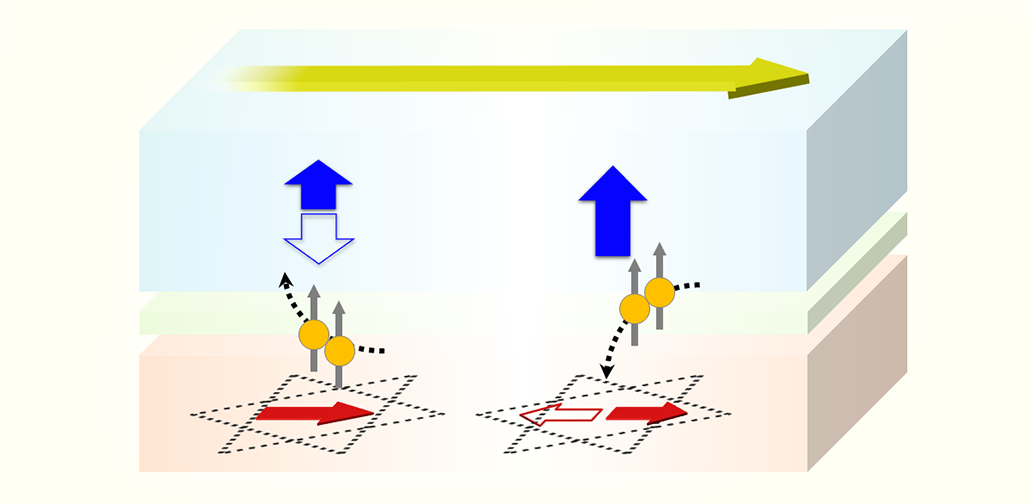The Australian Criminal Intelligence Commission (ACIC) uses its capabilities to make Australia hostile to criminal exploitation. We illuminate the criminal environment and support partners to apply maximum pressure on the most significant transnational serious organised crime threats we face.
ACIC’s unique coercive powers, including the power to conduct examination of witnesses, are at the centre of our agency’s operational effort and set us apart from traditional police services. Our coercive powers enable us to collect intelligence and generate insights into the criminal environment.
The ACIC currently has one full-time examiner and 2 part-time examiners, based in Sydney and Adelaide, all of whom have extensive experience in the legal profession. The Australian Government has appointed 3 new full‑time Examiners to Brisbane, Melbourne and Perth to join the existing Examiners at the ACIC and to ensure national coverage, enhancing our coercive powers capability.
With the increased national reach and range of specialised skills sets bolstered by additional Examiners, our agency is able to continue increasing the pressure on criminal networks.
Just like criminals seek to exploit vulnerabilities and perceived gaps in law enforcement, these additional Examiners enhance our ability to exploit vulnerabilities in serious and organised crime networks.
Our coercive examination program is supported and informed by our intelligence operations including technical intelligence, human intelligence and data analytics capabilities. From these 4 pillars of core collection capability we create strategic assessments, operational insights and disruption impacts. This leads to an enhanced picture of serious and organised crime, and identifies vulnerabilities for policy, legislative and regulatory reform.
Coercive powers are one of the tools we use to exert maximum pressure on all levels of the criminal enterprise, which have proved highly resilient to traditional law enforcement methods. The ongoing appropriate use of our agency’s powers provides a mechanism for law enforcement agencies to optimise disruption of the entities on our Australian Priority Organisation Target (APOT) list. The APOT list currently has 17 entities of which 16 are located offshore. It includes individuals as well as domestic threat and high-risk organisations, a financial facilitator network and one cybercrime network.
The ACIC takes contempt of its coercive powers seriously and we will not hesitate to seek prosecution of persons summonsed under the Australian Crime Commission Act 2002 (Cth) who fail to answer questions or provide misleading or false evidence. The ACIC is currently pursuing a contempt matter in the Federal Court of Australia in relation to a person’s failure to answer questions which an examiner required him to answer.
On 5 February 2021, EVA20 (Court appointed pseudonym) pleaded guilty to 6 charges of contempt of the ACIC. On 6 May 2021, EVA20 was sentenced to imprisonment until further order of the Court. In the event that EVA20 purges his contempt there will be the opportunity for the continuation of his imprisonment to be reviewed. He has not purged his contempt.
On 3 December 2020, CRA20 (Court appointed pseudonym) was found guilty of contempt of the ACIC in the Federal Court of Australia as he refused to answer 14 questions which an Examiner required him to answer. He was sentenced and served an 8-month term of imprisonment. On 22 November 2019, the Federal Court sentenced BYF19 (Court appointed pseudonym) to 8 months imprisonment, to be released after serving 4 months, the remainder of the sentence to be suspended on the basis that the respondent be of good behaviour for a period of 2 years.
On 19 October 2018, DHK18 (Court appointed pseudonym) was sentenced in the Federal Court to an indefinite period of imprisonment. On 25 July 2019, DHK18 appeared before an examiner and purged his contempt. On 16 August 2019, the Federal Court handed down its decision regarding DKH18’s application to review the continuance of the indefinite sentence imposed and ordered that DKH18 be released from custody. At the time of his release, DKH18 had served approximately 10 months in custody.
Michael Phelan APM
Chief Executive Officer
Australian Criminal Intelligence Commission








